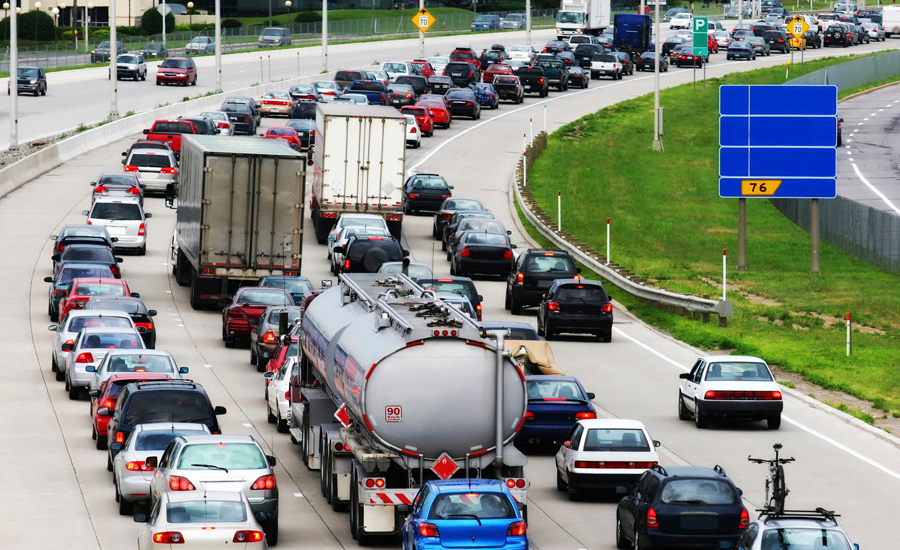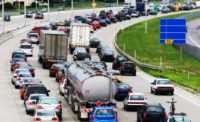The federal government is pondering how best to accommodate automated vehicles under standards that were developed when all cars were driven solely by humans and self-driving vehicles were not even a glimmer on the horizon.
Exemptions sought
As a part of the process, the U.S. Department of Transportation’s (USDOT) National Highway Traffic Safety Administration (NHTSA) is inviting the public to comment on a pair of petitions from Nuro and General Motors (GM) about exemptions to those standards.
Manufacturers must submit a petition to NHTSA to apply for a temporary exemption if a proposed new vehicle does not comply with all existing Federal Motor Vehicle Safety Standards (FMVSS). As noted above, automated vehicles are not covered under current standards. There is an exemption cap of 2,500 vehicles per manufacturer.
Public comment encouraged
“The Department is actively seeking public comment on proposed exemptions to federal standards and how the public can be protected as new transportation technologies emerge,” said U.S. Secretary of Transportation Elaine L. Chao.
The results should be interesting. A survey by the American Automobile Association (AAA) found that 73 percent of Americans are fearful about the rise of self-driving cars – a percentage that has actually increased since 2017, when 63 percent of respondents said they would be too afraid to ride in a fully self-driving vehicle. Additionally, two-thirds (63 percent) of U.S. adults report they would actually feel less safe sharing the road with a self-driving vehicle while walking or riding a bicycle.
A relatively small number of high-profile crashes involving autonomous vehicles may be contributing to public anxiety about the technology, even as auto companies direct billions of dollars into its further development.
“While autonomous vehicles are being tested, there’s always a chance that they will fail or encounter a situation that challenges even the most advanced system,” said Megan Foster, AAA’s director of Federal Affairs. “To ease fears, there must be safeguards in place to protect vehicle occupants and the motorists, bicyclists, and pedestrians with whom they share the road.”
The NHTSA has issued notices summarizing each petition and encouraging public comment and participation. The Federal Register notices can be viewed by clicking on the following links for Nuro and for GM. The petitions will be open to comment for 60 days.
“The Department will consider all comments in order to keep public safety a priority while also fostering innovation,” said NHTSA Deputy Administrator Heidi R. King.
For information about autonomous vehicles, visit Autonomous Vehicle News.








.jpg?t=1721257160)